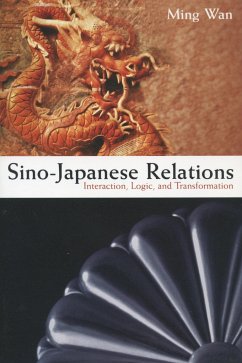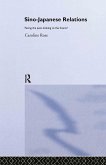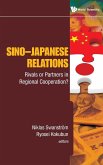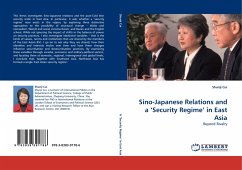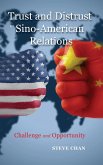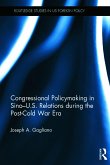With the passing of the "friendship generation" and the increase in (mostly negative) societal participation in the late 1980s, the governments of China and Japan have found it increasingly difficult to navigate between the constraints and possibilities in their relationship. Based on ten years' research in the United States, China, and Japan, this book argues that the relationship is politically now dispute-prone, cyclical, and downward-trending but manageable; militarily uncertain; economically integrating; psychologically closer in people-to-people contact yet more distant. The author develops measures of political interaction, trade, foreign direct investment, tourism, and student exchanges, and casts doubt on many prevailing assumptions about Sino-Japanese relations.
Bitte wählen Sie Ihr Anliegen aus.
Rechnungen
Retourenschein anfordern
Bestellstatus
Storno

